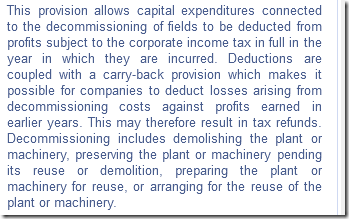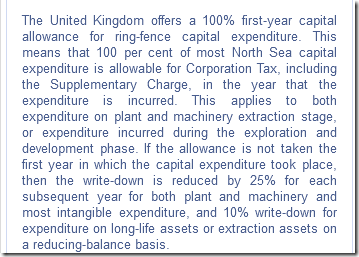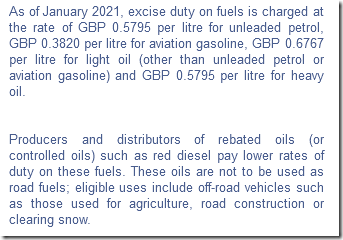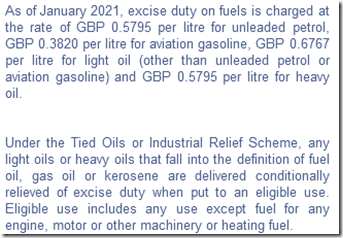By Paul Homewood

.
There has long been a concerted effort by the green lobby to persuade the public that they are paying billions in subsidies to the nasty fossil fuel industry, particularly in the UK. The above comment exemplifies this.
He quotes the OECD, who are of course at heart a political organisation, just like their subsidiary, the IEA. The OECD simply follow their masters wishes, that is the governments who make it up. The OECD’s position on climate change is exactly the same as its member governments:

As Rafal comments, the OECD regard “tax reliefs” as “subsidies”. They are no such thing, and the OECD is deliberately misleading people in claiming so.
If we follow Rafal’s second link, we find several items listed as “Fossil Fuel Support” for the UK in 2020:
- Red Diesel – £2.1bn
- Tied Oils – £1.2bn
- Tax Reliefs for Decommissioning – £0.6bn
- Tax Reliefs for Capital Investment – £1.5bn
Tax Reliefs, however, are not subsidies in any shape or form. All companies pay Corporation Tax on profits, and profits are of course INCOME minus EXPENDITURE. Both Capital Investment and Decommissioning Costs are legitimate expenses to book against profit. The Tax Reliefs referred to merely determine when when these expenses can be offset.
The OECD themselves give these definitions on the table listed:
In short then, oil companies cannot offset decommissioning costs until they are actually incurred, by which time of course production has stopped and there is no income to offset them against. Therefore, they are allowed to offset them against tax already paid. Over the life of the asset, the correct amount of tax is paid. This arrangement is actually detrimental to the oil companies, because they have overpaid tax in previous years. (The government is naturally delighted, as it has extra tax revenue – which is probably why they set the system up this way!) A normal accounting policy would be to provide for these decommissioning costs each year during the life of the asset.
It is a similar situation with capital allowances. Companies can offset the full capital costs upfront, rather than on a depreciation write-down basis. Again, the correct amount of tax is paid over the life of the asset.
The other two item listed have nothing to do with subsidizing fossil fuels either:
If charging a lower level of fuel duty on red diesel is a subsidy (which it is not), it is a subsidy for farmers, not fossil fuels. Similarly the Tied Oils scheme merely exempts industry from fuel duties, if the oil is not used as a fuel.
Rafal (and the OECD) conveniently ignore the fact that UK oil and gas producers pay tax at a much higher rate than the rest of UK industry. In particular:
- They pay Corporation Tax at a rate of 30%, instead of the standard rate of 19%.
- They also have to pay a Supplementary Charge of 10% on profits
Effectively then they are paying twice the tax rate. Hardly surprising then that the OBR is forecasting a bumper £8.8bn tax revenue from North Sea Oil this year:

Finally, let’s check Rafal’s first link from the OECD:

Virtually all of their so-called fossil-fuel support comes from the reduced rate of VAT on electricity and gas.
There is no God-given rule that says all goods and services must be charged at 20% VAT, and even the reduced rate of 5% is still a tax. It is absurd to claim that this is a subsidy.
After all, food is zero-rated for VAT, but does anybody claim that food is subsidized? Of course not.
But if we go down the route of the OECD argument, we can only conclude that fuel duties should not be imposed, as other goods are not taxed in this way. Given that the Exchequer pulls in nearly £30bn a year from this tax, it far outweighs anything else claimed as subsidies by the OECD.
via NOT A LOT OF PEOPLE KNOW THAT
APRIL 24, 2022






You must be logged in to post a comment.